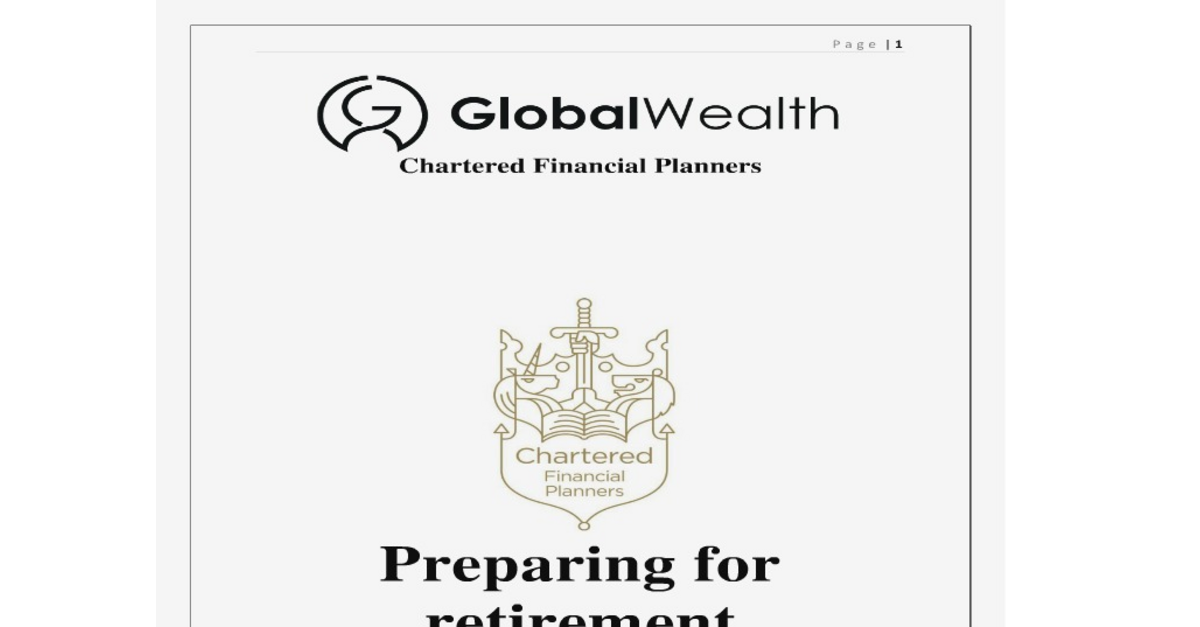I apologize for starting yet another thread on ARFs, but here goes... I am helping a family member to move their pension to a self-directed ARF. They have about €120,000, and the provisional plan is to open an execution-only account with Davy. Davy do not impose any set up or transfer charges. Their annual dealing charge is 0.90% per annum—additional overseas charges are spelled out below.
The idea is to keep things as simple as possible by investing in two accumulating Vanguard ETFs that trade on the Deutsche Börse: one global stock fund, the Vanguard FTSE All-World UCITS ETF (VWCE), with an OFC of 0.22%, and one euro hedged global bond fund, the Vanguard Global Aggregate Bond UCITS ETF (VAGF), with an OFC of 0.10%.
Suppose for the sake of argument that the initial allocation is 50/50. Assume that two transactions (one stock ETF sale and one bond ETF sale) are made annually to rebalance the account and meet Revenue’s 5% minimum distribution requirement for people over seventy. Then, by my calculations, excluding bid ask spreads, and security transaction costs internal to the ETFs, the total cost of ownership of this ARF in year one would come very close to:
I understand that QFMs such as Conexim and ITC offer ARFs for 0.40% per annum, which is much lower than Davy’s 0.90% charge, but one has to go through an advisor to deal with them, and there are additional expenses too. I’d consider investing in Dimensional funds with Conexim for example, but the ongoing charges on a comparable balanced Dimensional portfolio with Conexim come to 0.41%, which is 0.25% higher than the equivalent weighted Vanguard OFC of (0.22% + 0.10%) / 2 or 0.16%, so that narrows the gap with Davy:
My question is this: does anybody know if there are there any advisors out there who would be willing—for a once off implementation charge—to set up an ARF on a pure execution-only basis that would work out less expensive than a Davy ARF, assuming a break-even point of three or four years out? I don’t think 90 pbs is cheap for a simple pension wrapper, but at least Davy’s fees are transparent, and their platform puts the client in control. I also like Vanguard ETFs—I trust the company, and admire its late founder, John Bogle. But I’m always open to suggestions. Is there a better option of which I’m unaware?
The idea is to keep things as simple as possible by investing in two accumulating Vanguard ETFs that trade on the Deutsche Börse: one global stock fund, the Vanguard FTSE All-World UCITS ETF (VWCE), with an OFC of 0.22%, and one euro hedged global bond fund, the Vanguard Global Aggregate Bond UCITS ETF (VAGF), with an OFC of 0.10%.
Suppose for the sake of argument that the initial allocation is 50/50. Assume that two transactions (one stock ETF sale and one bond ETF sale) are made annually to rebalance the account and meet Revenue’s 5% minimum distribution requirement for people over seventy. Then, by my calculations, excluding bid ask spreads, and security transaction costs internal to the ETFs, the total cost of ownership of this ARF in year one would come very close to:
| Annual dealing charge | €120,000 x 0.90% = €1,080 |
| Stock ETF OFC | €60,000 x 0.22% = €132 |
| Bond ETF OFC | €60,000 x 0.10% = €60 |
| Stock ETF sale overseas charges | €3,000 x 0.06% minimum fee = €1.80 + €25.00 foreign transaction settlement charge = €26.80 |
| Bond ETF sale overseas charges | €3,000 x 0.06% minimum fee = €1.80 + €25.00 foreign transaction settlement charge = €26.80 |
| Total cost | €1,080 + €132 + €60 + €26.80 + €26.80 = €1,325.60, or 1.1% of assets under management |
I understand that QFMs such as Conexim and ITC offer ARFs for 0.40% per annum, which is much lower than Davy’s 0.90% charge, but one has to go through an advisor to deal with them, and there are additional expenses too. I’d consider investing in Dimensional funds with Conexim for example, but the ongoing charges on a comparable balanced Dimensional portfolio with Conexim come to 0.41%, which is 0.25% higher than the equivalent weighted Vanguard OFC of (0.22% + 0.10%) / 2 or 0.16%, so that narrows the gap with Davy:
| Annual custody and commission charge | €120,000 x 0.40% = €480 |
| Dimensional balanced fund OFC | €120,000 x 0.31% = €372 |
| Portfolio construction and monitoring charge | €120,000 x 0.10% = €120 |
| One annual transfer from account | €50 |
| Total cost | €480 + €372 + €120 + €50 = €1,022: 0.85% of AUM, or €303.60 less than Davy |
My question is this: does anybody know if there are there any advisors out there who would be willing—for a once off implementation charge—to set up an ARF on a pure execution-only basis that would work out less expensive than a Davy ARF, assuming a break-even point of three or four years out? I don’t think 90 pbs is cheap for a simple pension wrapper, but at least Davy’s fees are transparent, and their platform puts the client in control. I also like Vanguard ETFs—I trust the company, and admire its late founder, John Bogle. But I’m always open to suggestions. Is there a better option of which I’m unaware?
Last edited:






